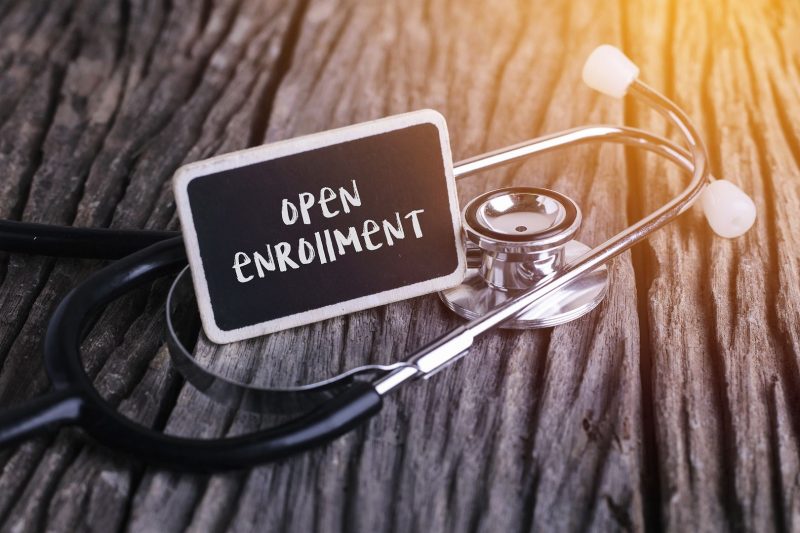DMD Trial Testing Oral ASP0367 Recruiting Boys 8–16 in US
Written by |

A Phase 1b clinical trial evaluating Astellas Pharma’s ASP0367 is recruiting boys with Duchenne muscular dystrophy (DMD), ages 8–16, at six U.S. sites.
The ongoing trial (NCT04184882) is evaluating the safety and tolerability of the investigational oral therapy, which is designed to improve muscle function in patients with DMD, the most common of the more than 30 types of muscular dystrophy.
The study sites include the University of California Davis Health, the University of Kansas Medical Center, the UMass Memorial Medical Center, in Massachusetts, the University of Minnesota, the Children’s Hospital of Richmond at Virginia Commonwealth University, and the Children’s Hospital of The King’s Daughters, also in Virginia.
Additional sites are expected to open soon; more information on contacts and locations can be found here. The trial is sponsored by Astellas.
Previously known as MA-0211, ASP0367 was originally developed by Mitobridge, in collaboration with Astellas, which acquired Mitobridge in 2017. It is taken by mouth and is thought to be an activator of peroxisome proliferator-activated receptor (PPAR) delta, a key receptor in mitochondria, which are the powerhouses of cells.
Activating PPAR-delta increases the production of mitochondrial enzymes that use fats to generate energy — a process called fatty acid oxidation — and boosts the formation of new mitochondria, thereby increasing overall energy production.
Given that muscle cells have high energy demands and that mitochondrial defects are a known contributor to DMD, ASP0367 is expected to improve muscle health and function, and increase endurance in people living with DMD. It is being developed as a potential add-on therapy to other approved DMD treatments, according to Gerard Marek, MD, PhD, of Astellas.
“The concept for ASP0367 is for use as a treatment to relieve the symptoms … that would be used on top of other therapies,” Marek said in a webinar update with Parent Project Muscular Dystrophy. The webinar is available on the nonprofit organization’s website.
“Astellas is interested in testing whether ASP0367 might not only be safe to use but … also increase muscular endurance,” Marek said.
Preclinical studies in DMD patients’ muscle cells and in a mouse model of the disease showed that ASP0367 effectively boosted fatty acid oxidation. It also increased the mitochondria’s production and function, while reducing muscle inflammation and damage, and increasing the animals’ endurance.
The therapy was found to be generally safe and well-tolerated in healthy volunteers in a previous Phase 1 clinical trial, completed in 2018.
In addition to evaluating tolerability and safety in DMD patients, the ongoing Phase 1b trial is assessing ASP0367’s pharmacokinetics, pharmacodynamics, and preliminary effectiveness in up to 18 boys with the disease. Pharmacokinetics refers to the therapy’s movement into, through, and out of the body, while pharmacodynamics is a medication’s effects on the body.
Eligible patients will have to be on a stable dose of corticosteroids for six months prior to enrollment, and may be on a stable dose regimen of a commercially available exon-skipping therapy for a similar period. They also will have to have some difficulties in walking, as determined by not completing the 10-meter run/walk test in less than six seconds.
Regarding COVID-19-related criteria, eligible boys may enter the study if they had been infected with the virus but are now healthy, or if their caregivers have been vaccinated when they are at high risk for COVID-19.
Other safety measures to prevent a COVID-19 infection during the trial also will be implemented, such as at-home healthcare visits.
Participants will be randomly assigned to receive an oral tablet of either ASP0367 or a placebo daily for 12 weeks (about three months), after which all may choose to receive the experimental therapy for an additional 12 weeks. Each three-month treatment period will consist of two weeks with a low dose of the therapy and 10 weeks with a high dose.
Boys will be assessed for several outcome measures at about seven hospital visits and eight home visits by a qualified home healthcare provider, as well as through follow-up phone calls.
Evaluations may include physical examination — height, weight, vital signs — blood/urine tests, assessments of heart and lung function, motor function and endurance tests, cognitive and quality of life tests, and assessment of muscle content.
According to a post by the Muscular Dystrophy Association, travel support is available for trial participants and families, and can be accessed by contacting the nearest study site for additional information.
Additional inquiries can be directed to Astellas Pharma by phone at 800-888-7704 or e-mail at [email protected].





